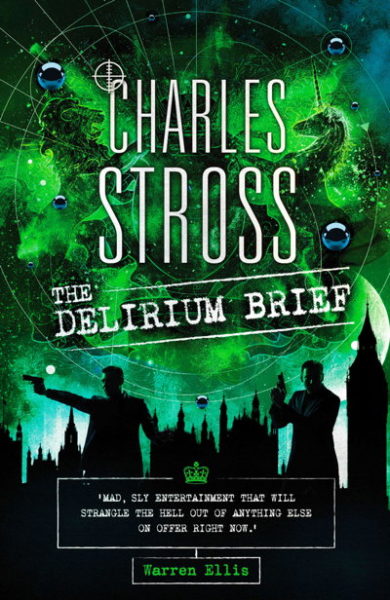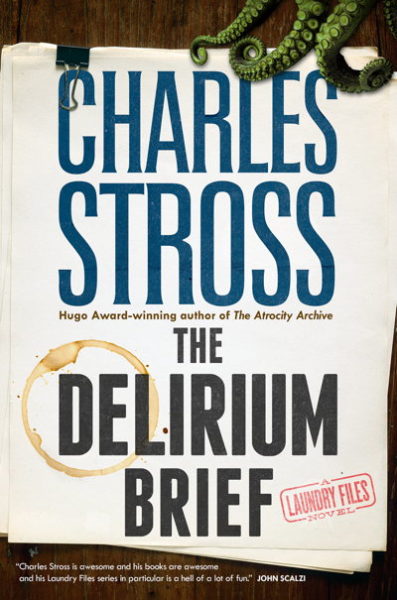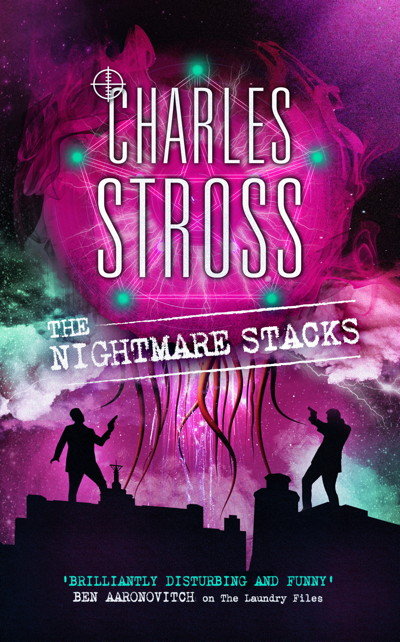Colby Cosh looks at the tribulations of the French Socialist party (the rough equivalent of Canada’s “Natural Governing Party”) as they scramble to remain meaningful in the upcoming elections:
[Benoît] Hamon’s candidacy will provide a first serious electoral test of the ultra-trendy universal basic income idea. His proposal is for a universal income of €750 a month, or about $1,050 in Canadian currency. This is none too generous an amount to live on, even granting that France is a hell of a nice place to be poor. But without other sources of financing, such a UBI might require nearly an immediate doubling of French state revenue, even if you count the existing welfare programs France could get rid of.
Valls expended a lot of effort challenging Hamon’s math, to little apparent avail. Hamon has “plans” to raise new revenue, mostly of a hand-wavy sort that will be familiar from the worst sort of Canadian provincial election. But his tax on robots and artificial intelligences is certainly a fun new wrinkle.
On hearing of the idea, the advanced, full-blooded nerd will immediately think of Frank Herbert’s Dune novels. Herbert, finding it amusing to construct a science-fiction universe without computers, created a backstory in which humans had risen up in an enormous, ultra-violent “Butlerian Jihad” and established a pan-galactic religious taboo: “Thou shalt not make a machine in the likeness of a human mind.”
For, after all, any machine that mimics human operations, mechanical or cognitive, takes away a potential job from a human being, or from dozens of them. That is the premise of the “robot tax”, and, by all logic, it should apply to computers. Or, for that matter, to any labour-saving device — any device that multiplies human productivity at all. Pens. Crocs. Red Bull.
This unapologetic Luddism is what passes for futurism in leftist circles these days, I fear. The sense that automation finally went too darn far, in the year 2015 or thereabouts, finds willing hearers everywhere in communities that used to be able to count on beer-bottling plants or fish canneries or automotive assembly lines. The universal basic income is of interest to future-minded politicians because that low-skill mental and physical work seems to be disappearing. Some see an approaching world in which scarcity of goods is transcended, by dint of robots and 3D printing and machine learning, and most humans have no opportunities for productive work.








